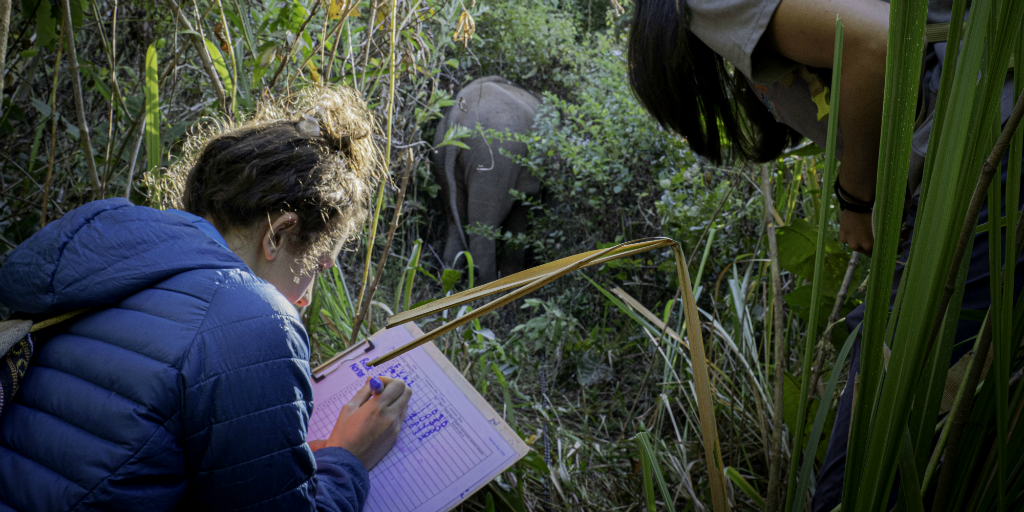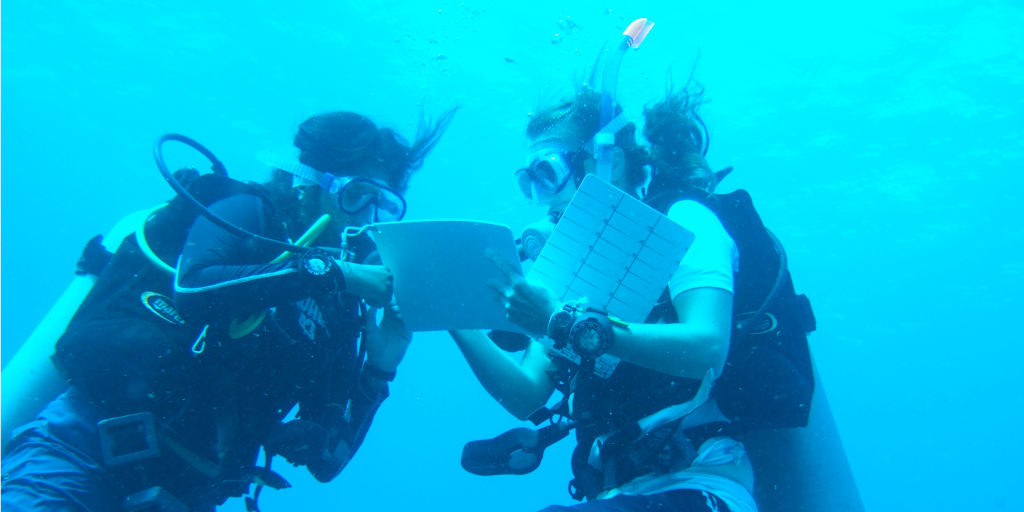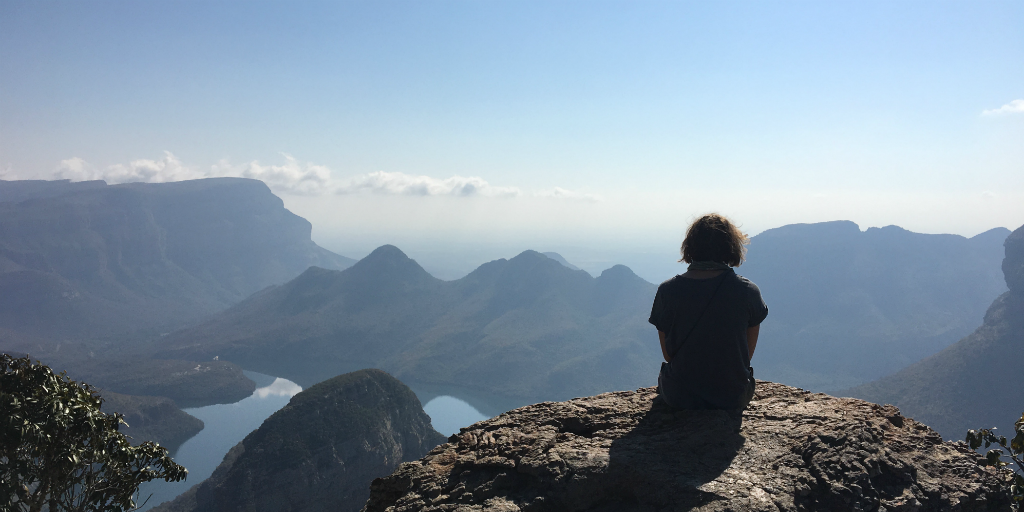Discover how Namib Desert wildlife thrives in extreme conditions – elephants, beetles, plants & more adapt uniquely to survive harsh environments.
GVI
Posted: July 9, 2024

Debbie Francis
Posted: March 17, 2020
Looking for a career in wildlife conservation? Want to know more about global wildlife conservation? Consider volunteering to gain that all-important experience to support your search for wildlife conservation jobs in the future.
Here are three ways in which volunteering can help to support your studies and offer a boost for your career in wildlife conservation.

No matter what your field of interest, many employers look for candidates who have related experience. Volunteering is one way to gain that experience while having fun and making an impact.
A Kaplan “Going Global” survey in 2016 showed that respondents with international experience are more likely to be employed within six months of graduation than those without.
GVI is an award-winning volunteer organisation that offers the best wildlife conservation volunteer opportunities. We offer a range of programs, such as assisting with the reintegration of elephants in Thailand and collecting marine and terrestrial data in Seychelles.
Our internships provide further field-specific training, specialised work experience, as well as mentoring, and leadership qualifications. These programs are also award-winning, and our alumni have gone on to work for top global organisations.

Volunteering on a wildlife program gives you the chance to build or enhance the skills you need for your career in wildlife conservation.
GVI programs can help you to gain a deeper understanding of local and global issues, including those linked to global wildlife conservation. You will volunteer on projects developed with local communities and NGOs that are clearly linked to the United Nations Sustainable Development Goals (UN SDGs).
Our programs enhance your core employability skills such as communication, critical thinking and leadership. They also offer more formalised training and qualifications such as environmental research training and a range of Professional Association of Diving Instructors (PADI) qualifications, among others.
Additional qualifications enhance your skills and can give you an extra advantage when building your wildlife conservation career.

There is a huge range of wildlife conservation jobs to choose from and you may not be clear, during the early stages of your studies or career, which area interests you most.
Volunteering can help you to fine-tune your thinking. You can get to grips with the challenges and rewards of specific activities. For example, volunteering could help you to determine whether you are comfortable with more remote locations. A marine-based volunteering program or internship can also help you decide between a preference for water versus land-based activities.
Find out more about GVI’s wildlife conservation volunteering programs and internships. Choose from a wide range of programs and boost your future career in wildlife conservation.
Debbie Francis is an intern at the GVI Writing Academy. The Writing Academy is a skills-development program that pairs development editors with budding travel writers. Learn more about the program here.
Discover how Namib Desert wildlife thrives in extreme conditions – elephants, beetles, plants & more adapt uniquely to survive harsh environments.
GVI
Posted: July 9, 2024